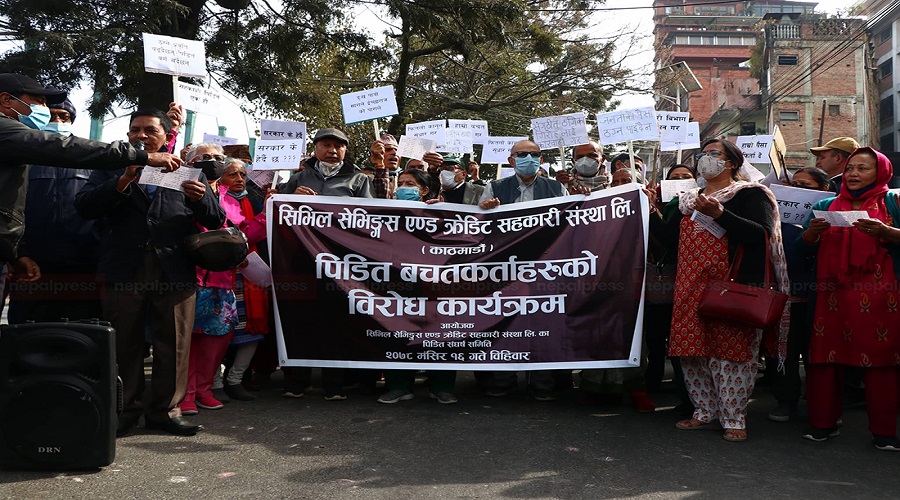KATHMANDU: The Department of Cooperatives (DoC), in collaboration with Nepal Rastra Bank (NRB), has launched a comprehensive onsite inspection of prominent cooperatives involved in significant financial transactions. This joint effort aims to address the financial health and regulatory compliance of these cooperatives, ensuring stability within the cooperative sector.
Led by deputy-registrar Tola Raj Upadhyaya, three teams have been formed to conduct onsite inspections. The NRB has contributed to this initiative by deploying deputy director Ramesh Chaulagain, along with officials Ramesh Poudel and Ram Krishna Rai, to support the DoC in its examination of the cooperatives.
In the initial phase, the joint monitoring teams are scrutinizing the operations of several cooperatives, including Gorkha Savings and Credit Cooperative, Ideal Yamuna Savings and Credit Cooperative, Kantipur Savings and Credit Cooperative, Shuva Ratna Savings and Credit Cooperative, Gautam Shree Multipurpose Cooperative, Lali Gurans Multipurpose Cooperative, Hamro Multipurpose Cooperative, and Nepal Multipurpose Central Cooperative Union.
Some of these cooperatives have already been labeled as problematic by the government due to financial challenges.
The Cooperatives Act of 2017 specifies that cooperatives with a capital base exceeding Rs 500 million fall under the regulatory authority of the NRB.
However, the central bank has consistently declined this responsibility, asserting that cooperative regulation does not fall within its purview.
With over 30,000 cooperatives operating in Nepal, the lack of robust regulation and monitoring has led to financial crises in several cases.
The government has officially declared more than a dozen cooperatives as problematic. Amid widespread criticism of regulatory bodies, particularly the DoC, for their perceived failure to address cooperative issues, the department has sought assistance from the NRB for onsite inspections.
Recognizing the potential risks to the entire financial system if cooperative issues are not adequately addressed, the DoC has taken this proactive step to conduct thorough inspections. The goal is to ensure that cooperatives adhere to regulatory standards, maintain financial stability, and contribute positively to the overall economic landscape.
This collaborative effort between the DoC and NRB reflects a commitment to addressing challenges within the cooperative sector and fostering a more resilient financial environment in Nepal.

